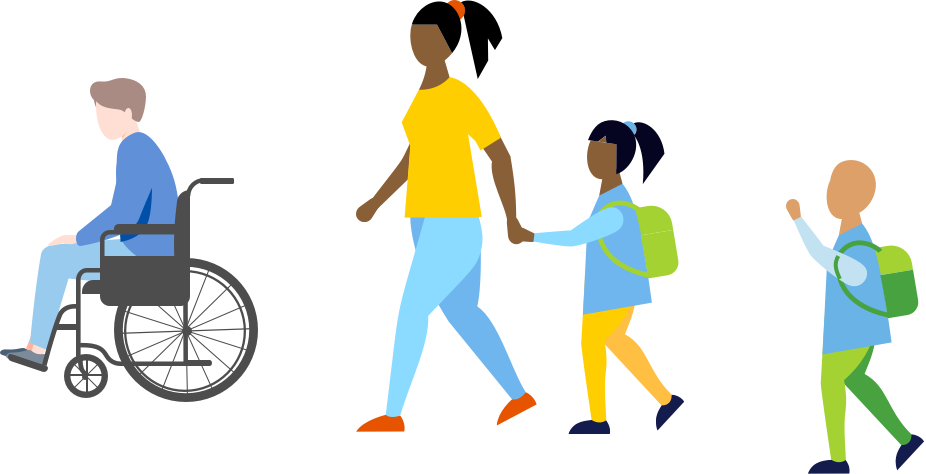Our
Goals
Project AWARE Indiana aims to effectively:
Develop and expand school-based mental health infrastructures within Division of Mental Health and Addiction (DMHA), Indiana Department of Education (IDOE), and partner LEA schools to increase access to and promote sustainability of mental health programs, services, and supports
- Establish Multi-Tiered Systems of Support (MTSS) teams to develop Tier 1, 2, and 3 services to meet the mental health needs of students
- Create and reinforce partnerships with local mental health providers
- Review and update local policies and practices related to student wellness
- Increase capacity for key mental health trainings
- Complete School Health Assessment Performance Evaluation System (SHAPE) to measure mental health program quality and sustainability
- Establish Advisory Board to discuss data, urgent needs, and opportunities for growth
Increase capacity of LEA partner schools’ staff and students to employ evidence-based tools and systems of support to recognize the signs and symptoms of mental health needs, including those related to experiencing trauma or grief or being exposed to violence, and link them to appropriate services
- Provide high-quality professional development opportunities for educators and community members such as Youth Mental Health First Aid and suicide prevention trainings
- Establish a school-based student suicide awareness and prevention training policy
- Create systems for identifying key indicators related to suicide risk and ideation to prevent suicide
- Create or adopt a comprehensive violence prevention program for assessing safety and risk in order to create risk-assessment team
- Expand existing support for teacher and school personnel to promote staff wellness, mental well-being, and resilience
Increase partner schools’ early identification of mental health needs, interventions to address them, referral pathways and the number of students identified, referred, and receiving mental health and tier 1 preventative services
- Universally screen student population to identify those in need of mental health support and/or assessment by a mental health professional
- Provide opportunities to students and staff to promote resilience, pro-social behaviors and prevent development of mental health disorders
- Utilize evidence-based tiered interventions such as mental health literacy (Tier 1), mental wellness and skills-based small groups (Tier 2), and individual school-based therapy (Tier 3)
- Develop clear and consistent referral pathways and procedures for families to increase access to mental health support
- Implement a comprehensive plan of culturally competent, developmentally appropriate, and evidence-based mental health services in each community
Increase student/family awareness of mental health needs, services and engagement through efforts that enhance partnerships and reduce stigma associated with mental health needs.
- Implement school wide initiative for students and families to reduce stigma associated with mental illness
- Establish connections with local partners and community coalitions to broaden and link resources to students and families
- Involve student and family voice in the creation and/or implementation of initiatives related to student well-being
- Utilize Change the Frequency campaign and increase the impact of campaign messaging
- Disseminate Science of Happiness (Indiana’s updated online learning course for educators) to improve educator wellness at local education agencies
Project Aware
Making an Impact
1Dataset compiled and provided by Pacific Institute for Research and Evaluation
Supporting Students
In Action
Through Project AWARE, school systems are creating mental health-focused initiatives that
help in establishing safe and supportive environments for students. These efforts are making
a true impact toward prioritizing student well-being.
Through Project AWARE, school systems are creating mental health-focused initiatives that help in establishing safe and supportive environments for students. These efforts are making a true impact toward prioritizing student well-being.





